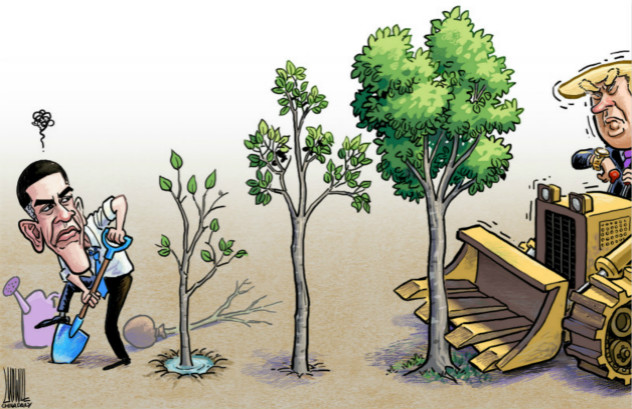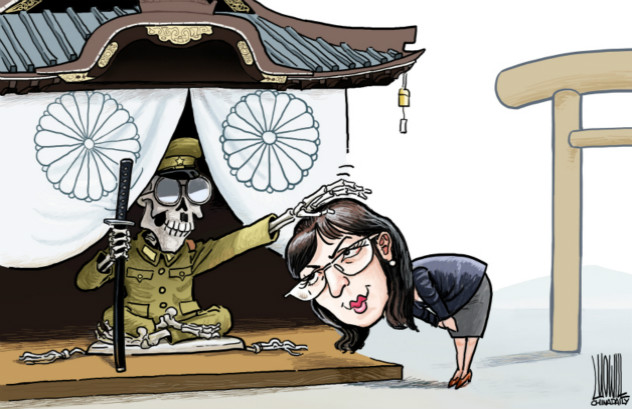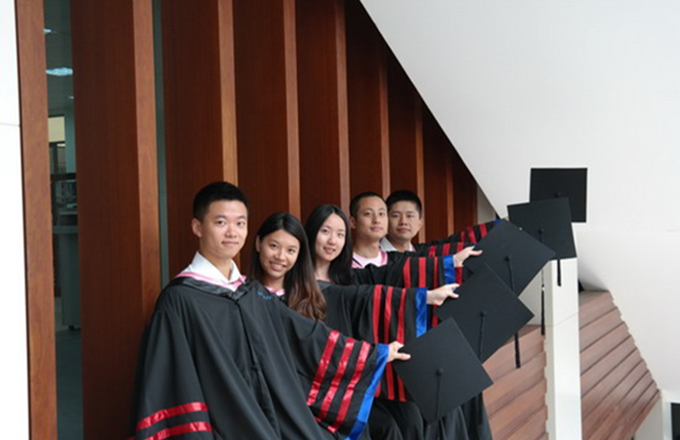His charisma and passion will be missed
His own countrymen looked upon him as the commander and treated him like a kin. His enemies called him a bully or even a dictator. Whether you liked him or not, Hugo Chavez will be remembered as a great politician with unique charisma and a passion for the times.
The death of the Venezuelan president on March 5 will have a profound impact on the political and economic landscape in Latin America. But before the repercussions of his passing can be fully gauged, the issue of immediate concern is who will take over the reins of the major oil producer in South America. It is widely thought that Nicols Maduro, the vice-president and Chavez's handpicked successor, has a good chance of winning the presidential election on April 14.
Whatever the outcome, those who have already established a sound relationship with Caracas or are seeking better ties have a stake in the political and social stability of post-Chavez Venezuela.
As a country that enjoyed rapid expansion of cooperation with Venezuela during Chavez's rule, China would like to see bilateral ties continue to grow on a smooth terrain in the post-Chavez era. Over more than a decade, Beijing and Caracas have forged cooperation and inked agreements in such fields as energy, agriculture, infrastructure, trade, finance and high-technology.
As an important trading partner of Venezuela, China is its second-largest market for crude oil exports. It serves both sides' interests to maintain the smooth development of these jointly funded projects and continue to expand the scope of bilateral cooperation.
From a regional perspective, the death of Chavez has drawn concerns about the future of the leftist revival in Latin American countries and the regional integration process, as the Venezuelan strongman played a significant role in both trends during his 14 years in power.
Chavez was seen as a beacon by the region's leftists, and left-leaning politicians have come to power in many major countries in the region. Like Chavez, they enjoy high domestic popularity and have made steady progress in a number of fields ranging from economic growth to poverty reduction. They have also shown a strong political will in promoting regional integration.





















